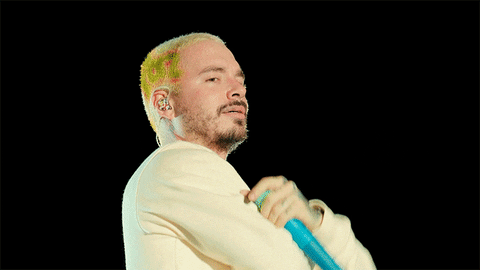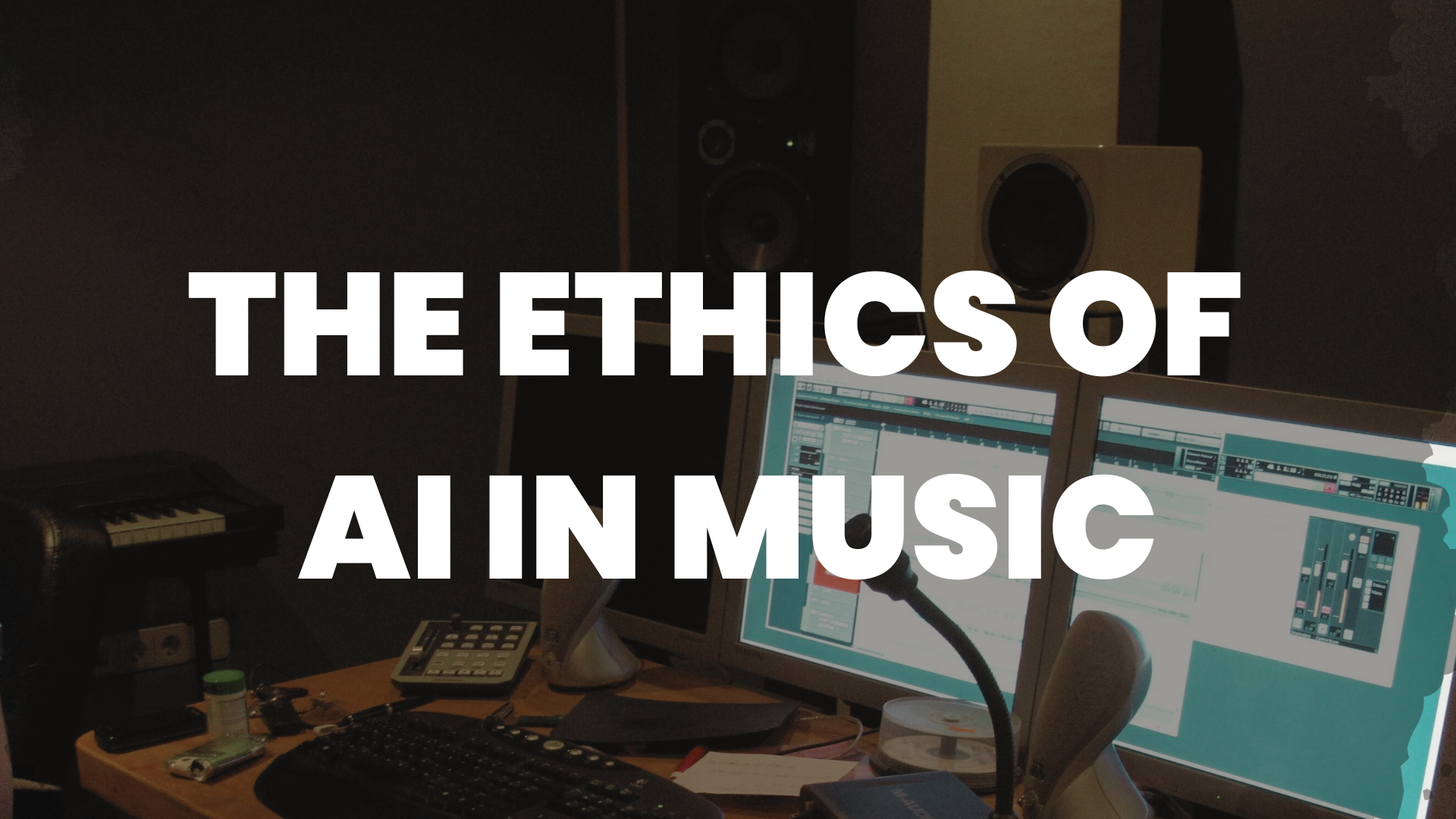The Ethics of AI in Music: Copyright and Ownership Issues
The rise of artificial intelligence (AI) in the music industry has been nothing short of revolutionary. From creating full songs with OpenAI’s GPT-4 and ChatGPT to revolutionizing music production with Google’s Magenta Project, AI is transforming the way independent artists create, share, and monetize their work. But with these advancements come complex questions about copyright and ownership that the industry is still grappling with.
In this article, we’ll explore the ethical implications of AI in music and discuss the most pressing copyright and ownership issues that independent artists need to be aware of.🤖
👩💻 AI-generated music: A brief overview
Before diving into the ethical questions, let’s first understand the landscape of AI-generated music. AI algorithms like OpenAI’s GPT-4 and Google’s Magenta Project have enabled artists to create new, innovative sounds and compositions that were once unimaginable. To learn more about these groundbreaking tools, check out our articles on “How to Generate a Full Song Using OpenAI’s GPT-4 and ChatGPT” and “Google’s Magenta Project: A Revolution in Music Production.”

🤔 Ethical considerations
As AI-generated music becomes more popular, ethical concerns regarding copyright and ownership have emerged. Here are some key questions to consider:
1️⃣ Who owns the copyright to AI-generated music?
AI-generated music poses a unique challenge when it comes to determining copyright ownership. Under traditional copyright law, a creative work must be created by a human being to be eligible for protection. But with AI-generated music, the line between human and machine creativity becomes blurred. Some argue that AI-generated works should be considered public domain, while others believe that the creator of the AI algorithm or the person who fine-tunes it should hold the copyright.
2️⃣ What are the implications for independent artists?
For independent artists, the uncertainty surrounding copyright and ownership can create challenges when it comes to licensing, distributing, and monetizing their AI-generated music. It’s essential for artists to understand the legal landscape and ensure they’re protecting their rights as they navigate this rapidly evolving technology.
3️⃣ How can the industry address these ethical challenges?
To tackle these complex ethical questions, the music industry needs to work together to develop new frameworks and guidelines that address AI-generated music. This may include redefining copyright law, creating new licensing models, or developing alternative ways of compensating artists for their work.
🎤 Conclusion
As AI continues to revolutionize the music industry, independent artists must stay informed about the ethical implications surrounding copyright and ownership. By understanding the challenges and participating in conversations about the future of AI in music, artists can help shape the industry in a way that promotes creativity, innovation, and fair compensation for all.
Stay tuned for more articles on AI in music, industry insights, and tips for independent artists navigating the ever-changing world of music production. 🚀🎶



